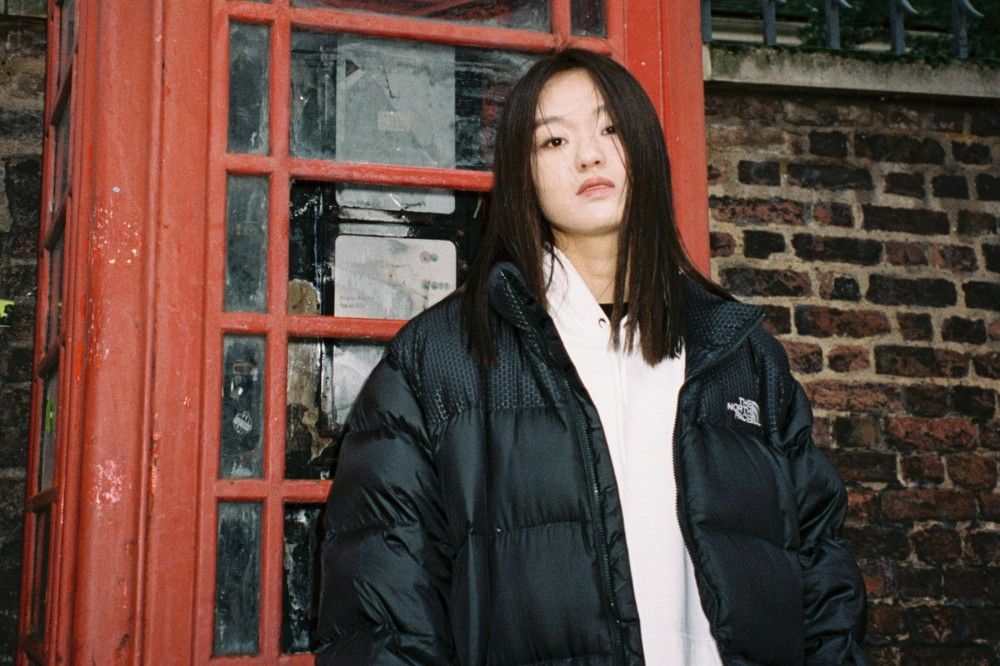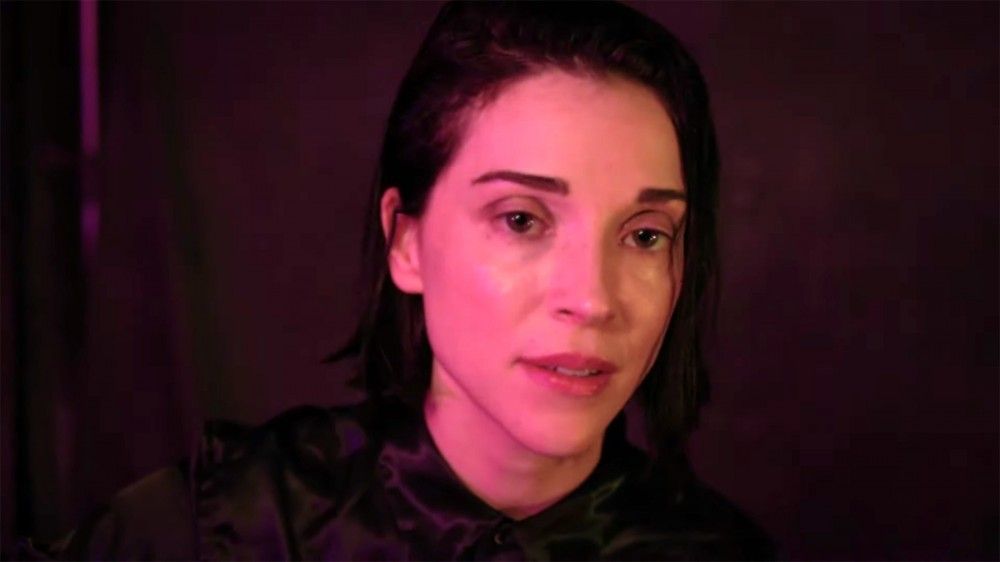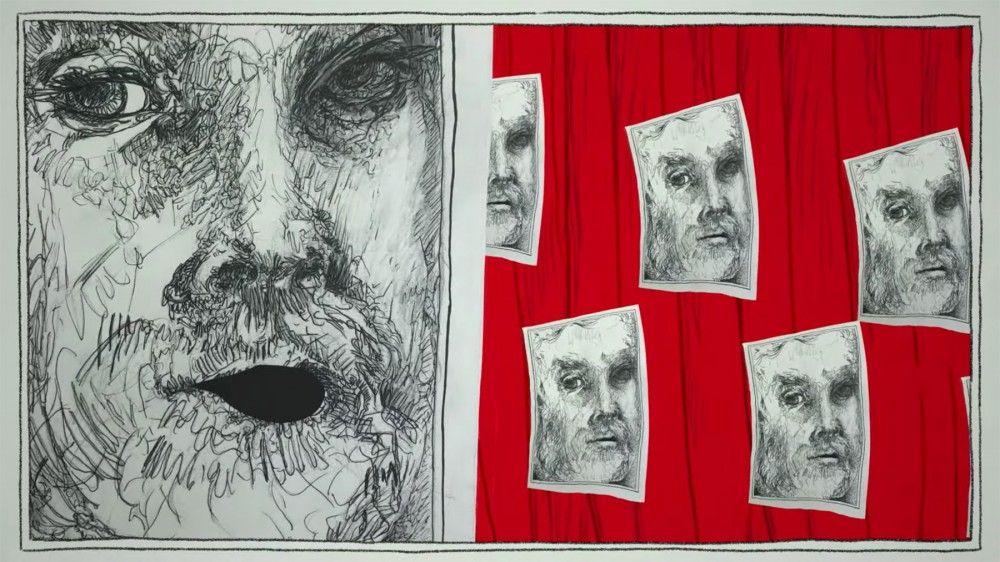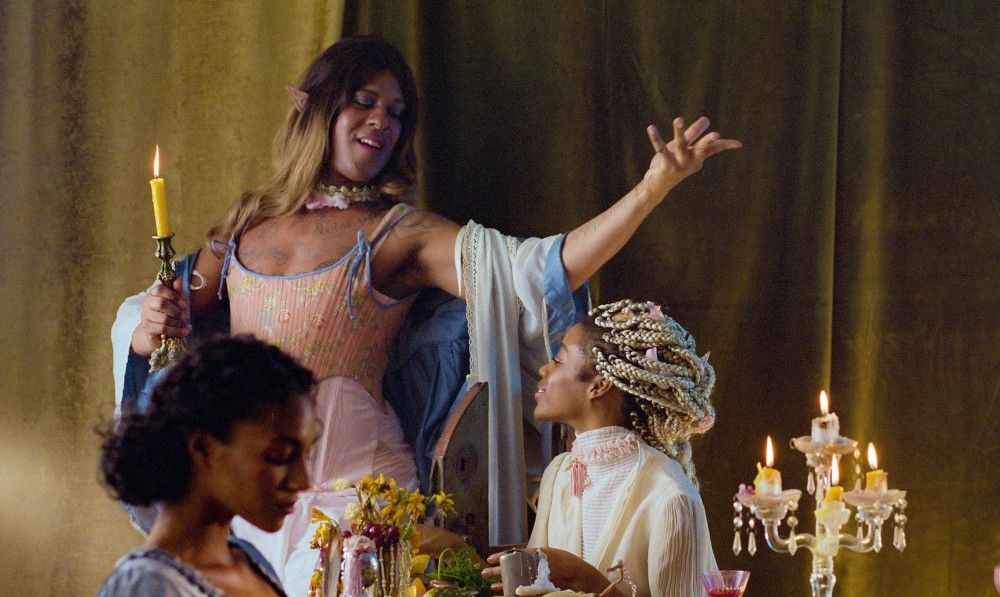
Park Hye Jin Previews New EP With Propulsive Single 'Like This'
Park Hye Jin’s 2018 debut EP, If U Want It, knit together sleek, understated house and brusque hip-hop to great effect. She sang and rapped in both English and her native Korean, throwing out jabbing, chanted phrases in blasé monotone over stubby keyboard loops and no-frills drum programming. Songs like “ABC” and “I Don’t Care” served to demonstrate how much a gifted producer can accomplish with very few ingredients.
Hye Jin was a previously unknown, YouTube-tutorial-taught artist releasing music independently. But her hip-house merger — a combination that has also boosted producer-DJs like Galcher Lustwerk in recent years — quickly earned her fans; three of Hye Jin’s songs now have more than a million streams on Spotify, a sign that her music might be able to reach beyond an underground club audience.
On Tuesday, she released her first new solo single since 2018: “Like This,” which sounds like an army of wind chimes on a shuffling, double-time march. “This lead single has no English lyrics in it at all,” says Ashley Yun, a project manager at Hye Jin’s label, the electronic-focused Ninja Tune. “It’ll be a really good benchmark for how ready society is to hear music that isn’t in English. That prospect is really exciting.” “Like This” precedes Hye Jin’s second EP, How Can I, due out next month.
Hye Jin did not grow up immersed in dance clubs. She progressed gradually from rapping to singing to DJ’ing after a chance encounter with English house music — Duke Dumont, Disclosure, Jamie XX — on SoundCloud in her early twenties. “I like house because I like dancing,” she says.
She taught herself to produce on Ableton, working on the songs that became If U Want It alone at home. “My producing was fucking baby skills,” she says. But she came up with a few songs that she thought displayed variety. “‘ABC’ was more poppy; ‘If U Want It’ was more house, ‘Close Eyes’ was more similar to techno, ‘Call Me’ was ’cause I like hip-hop.” “I Don’t Care” was her crown jewel, a carefully layered track that blooms into a dance-floor missile.
“The way that she sings and raps sounds so accessible, even for people who aren’t Korean,” Yun says. “I am Korean, so I found that extra intriguing. I couldn’t get enough of it when it first came out.”
Yun was not alone. Hye Jin’s music was played by Imran Ahmed, the former A&R for XL Recordings who now has a label with AWAL, on his monthly NTS radio show; her songs briefly popped up on Pollen, a Spotify editorial playlist with an active following. Hye Jin moved quickly to transform that buzz into something more solid by playing numerous gigs around the world.
She was so in demand that when Yun tried to book the producer for a Ninja Tune event last year, there wasn’t any room on her schedule. But the two stayed in contact, and Yun helped spearhead Hye Jin’s signing earlier this year. Hye Jin fits next to labelmates and fellow producer-DJs like Bicep and Floating Points — acts who have managed to win over both committed electronic-music fans and more casual streamers who may only make room for one or two club-killers on their playlists.
Hye Jin’s rapid ascent didn’t come without issues. She has been forced to part ways with two managers, firing the second one in January due to the way he handled her finances. “I don’t have money from my first EP,” she claims.
The other challenge stemmed from Hye Jin’s brutal touring schedule. “Tour, tour, tour, tour — it’s not good for me every week,” she explains. “The last place I played I remember feeling], ‘I can’t play well. I’m fucking exhausted.’ ” Much of her new EP was written on the road “in airports, airplanes, trains, taxis,” a necessary side effect of being a sought-after performer.
But Hye Jin remains cheerfully committed to stardom — “I’m gonna be fuckin’ famous,” she promises — and buoyant about the prospects of How Can I. “When my new EP is released,” she says, “there’s new shit coming to me.”



